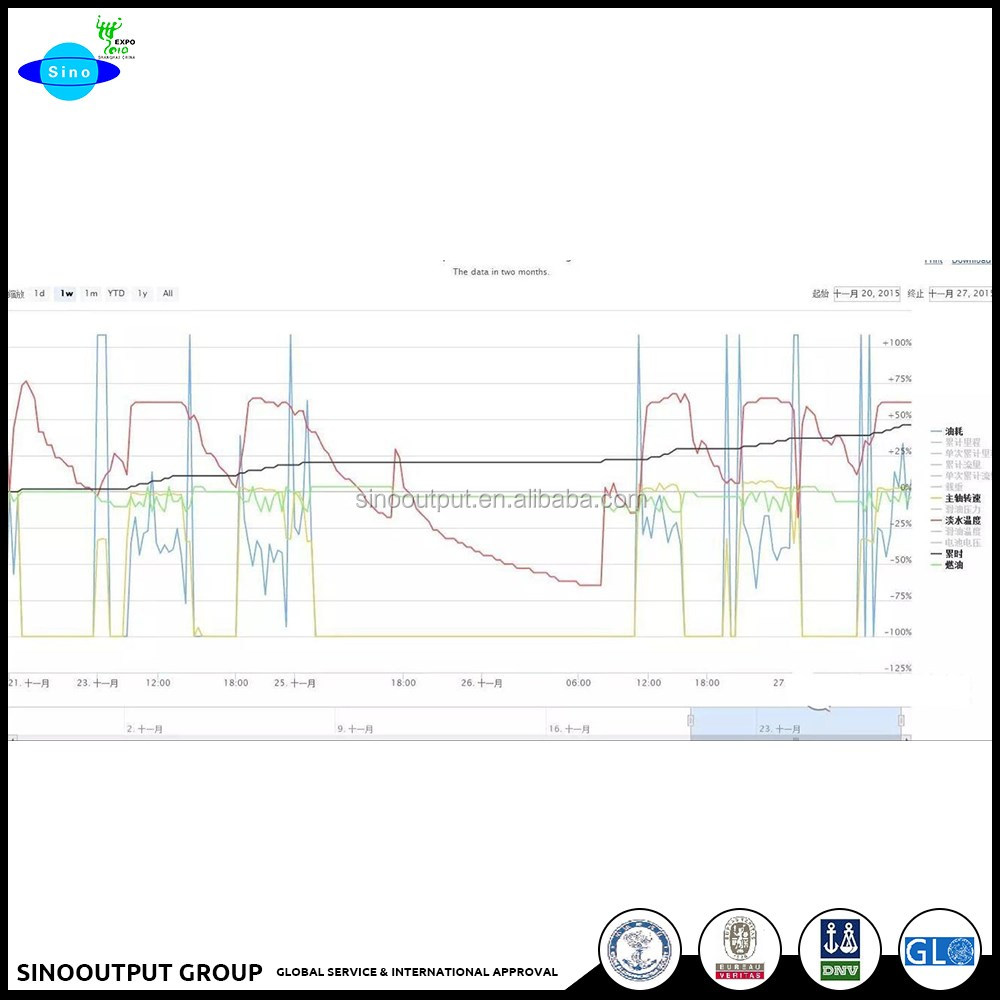

The Opposing Beneficiaries’ objections concerned the immediate and future liquidity of the structure. This is because the Court must not trespass or usurp the first instance decision-making role of the Trustees.” If this is all the case, it will not matter whether I also hold the view that the Trustees might have instead opted for a wiser or more strategic choice. I must also determine whether the Trustees, in forming their decision to proceed with the restructuring, acted reasonably and lawfully, without reliance on improper or irrational factors. “So, as a matter of law, I must therefore ask myself whether the trustees have formed an honest and genuine view that the Proposed Restructuring, a momentous decision indeed, is in the best interests of those beneficially entitled as a whole. Recognising that the court’s approval “serves as a protective shield against a beneficiary who may later complain”, Mrs Justice Subair Williams stressed the need to exercise caution when blessing the trustees’ proposed action.Īgainst that background, the judge summarised her role as follows: “the proposed course of action is a proper exercise of the trustees’ powers where there is no real doubt as to the nature of the trustees’ powers and the trustees have decided how they want to exercise them but, because the decision is particularly momentous, the trustees wish to obtain the blessing of the court”.Īncillary to this was the question of whether the trustees had formed a view which, in all the circumstances, a reasonable body of trustees could properly have formed (as was said in the case of Cotton & Moore v Brudenell-Bruce, Earl of Cardigan & Ors EWCA Civ 1312).

In line with the test set down in Public Trustee v Cooper, the parties agreed that the issue for the court to decide was whether: The trustees’ application was identified as a “Category 2” application under Public Trustee v Cooper WTLR 901, where the trustees had already reached their decision and came to the court seeking its blessing. In addition, dividends of £5.5m rolled over from 2021 were being held by one of the Core Companies at the time of the final hearing. The Core Companies’ directors forecast that annual dividends of £9.8m would be paid to the trusts in 2022.

The assets of the trusts in question consisted of shareholdings in limited companies (known as “the Core Companies”), four residential properties in England, seven investment properties in Ireland, various investment portfolios, and loan receivables. The settlor had generated the wealth of the trusts through what the judge described as a “booming business” and established the trusts over 24 years.

The adults and minor and unborn beneficiaries of one sub-branch of the second family (the “Opposing Beneficiaries”) opposed the trustees’ application. The third branch comprised the widow, children and remoter issue of the settlor’s second marriage, known as the “second family” (which itself became two sub-branches during the course of the litigation). Two of these branches comprised the children and remoter issue of the settlor’s first marriage. Jemma Goddard reviews the case and the court’s decision.Īn important purpose of the proposed restructuring was to facilitate the segregation of assets and income between three main branches of the family. The trustees succeeded in their application for the court’s blessing of a proposed restructuring of the trusts. Stewarts acted for three of those defendants, including the settlor’s widow. The decision follows over a decade of litigation concerning 23 trust settlements and 31 defendants at the time of the final hearing. Mrs Justice Subair Williams handed down her final ruling in the matter of the XYZ Trusts SC (Bda) 10 Civ in the Supreme Court of Bermuda on 16 February 2022.


 0 kommentar(er)
0 kommentar(er)
